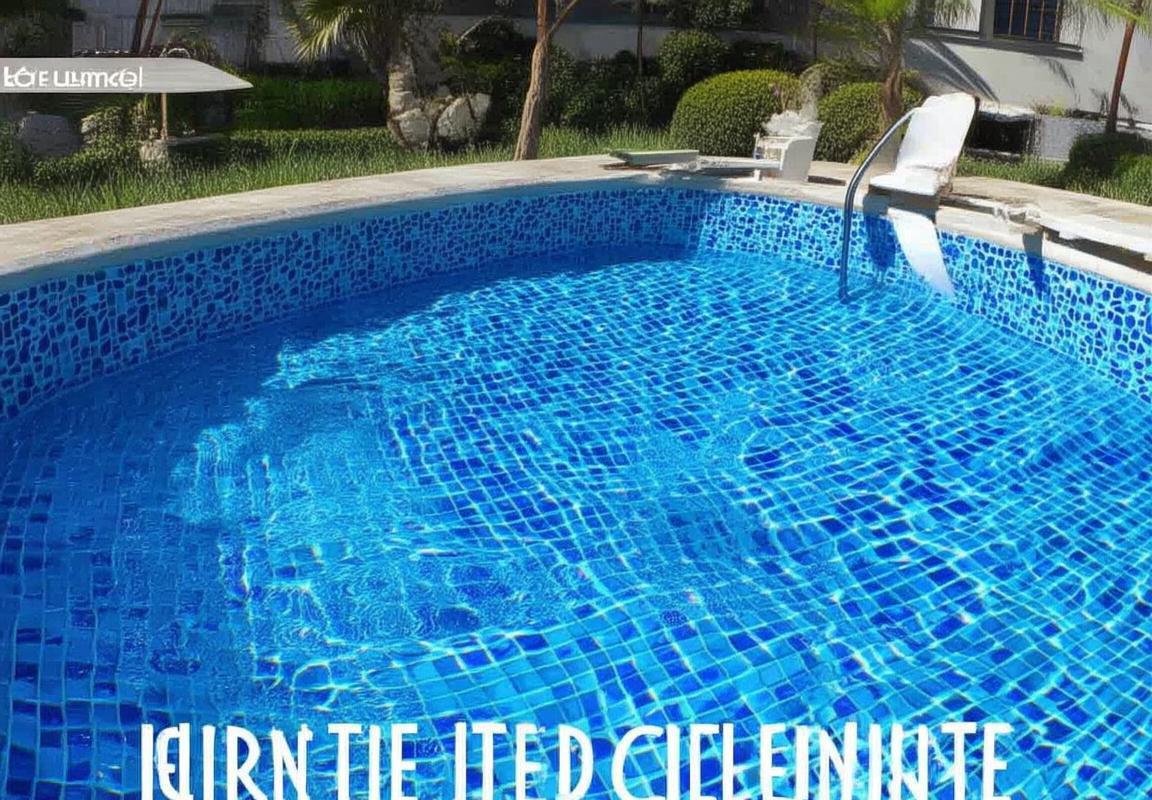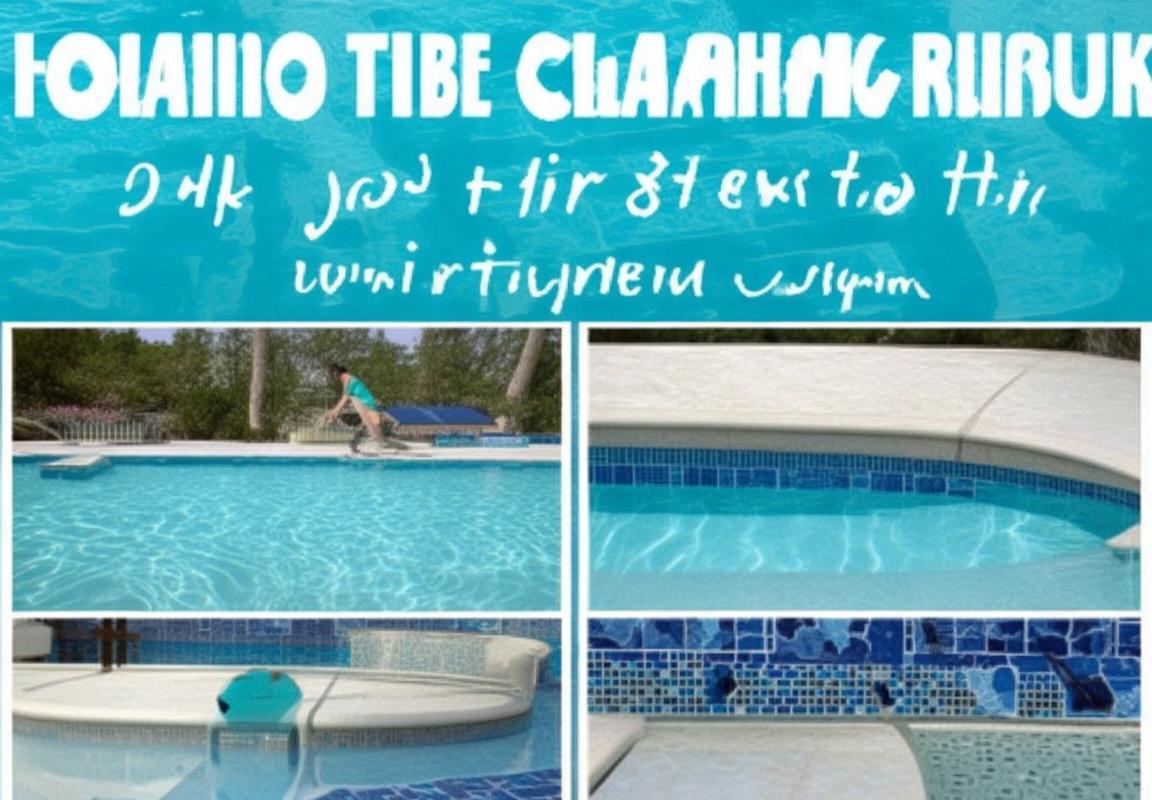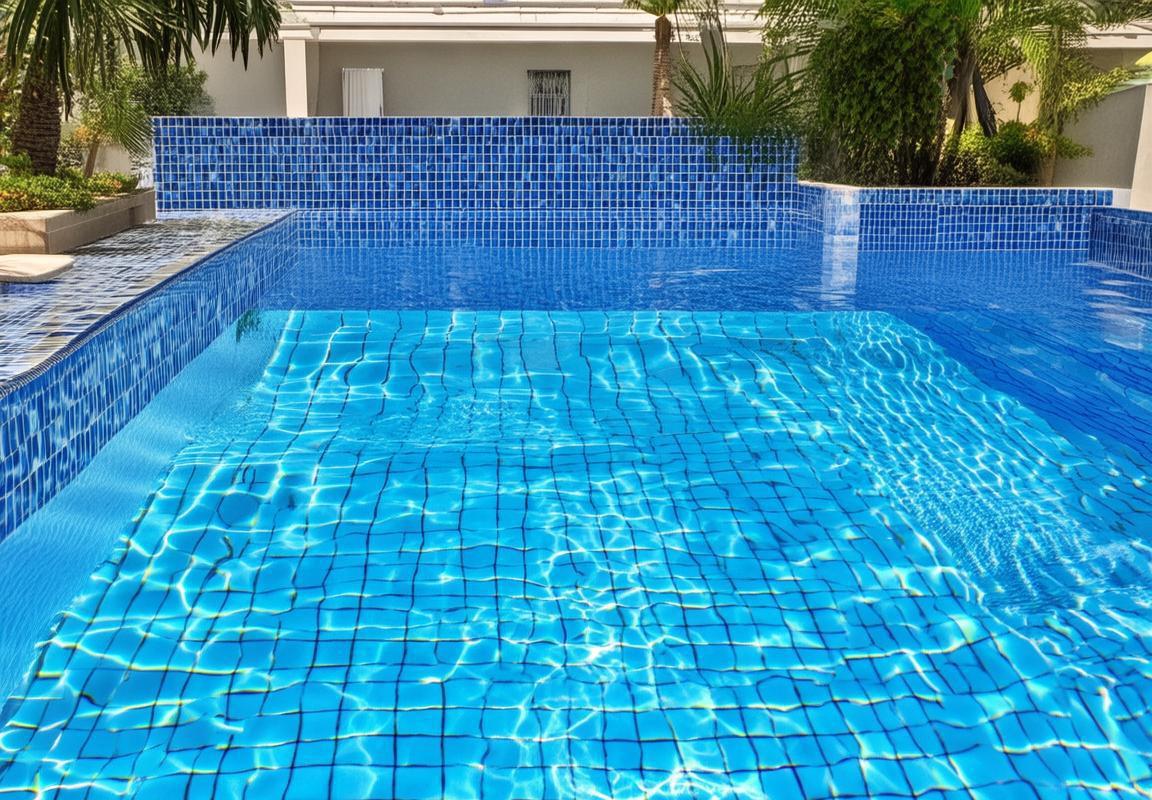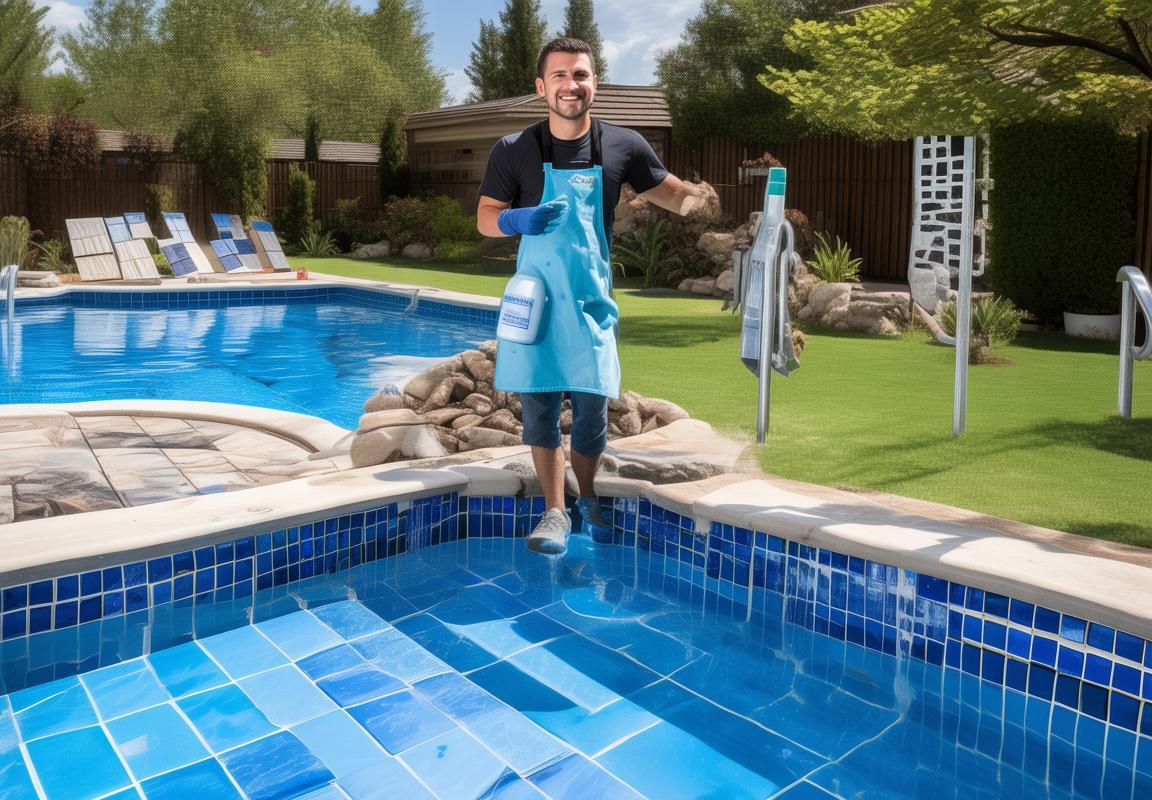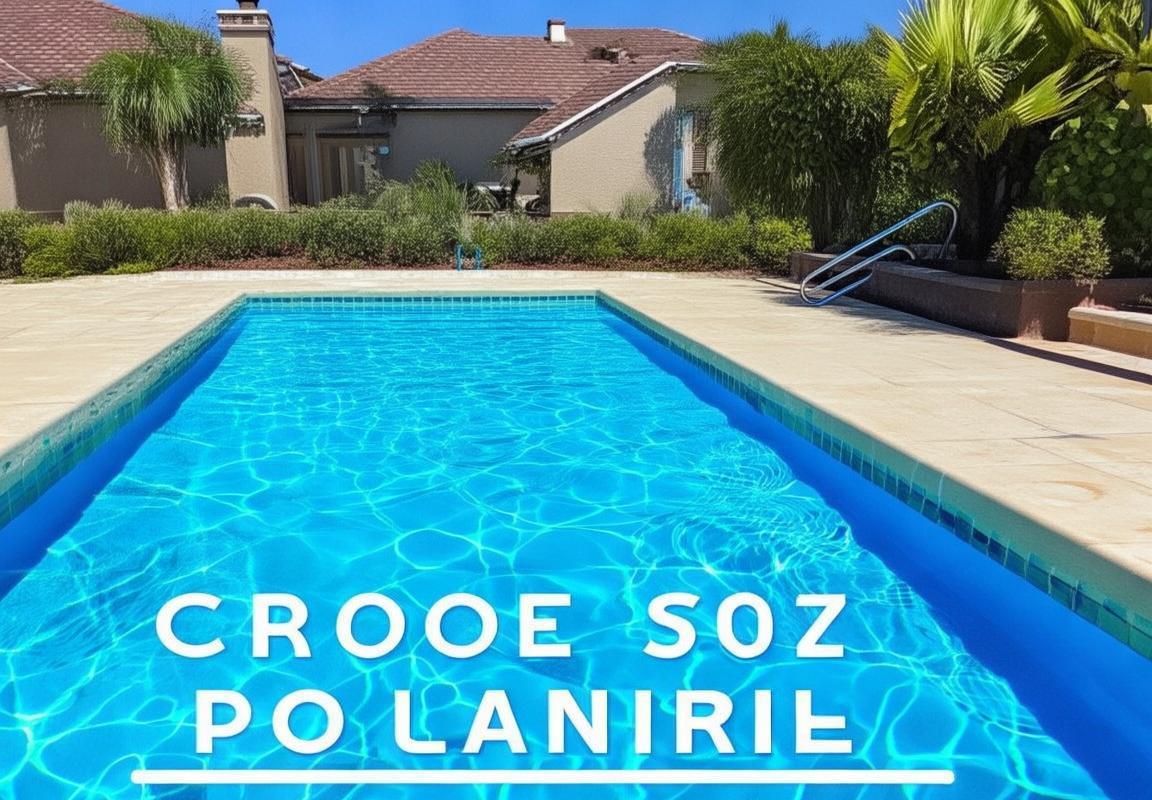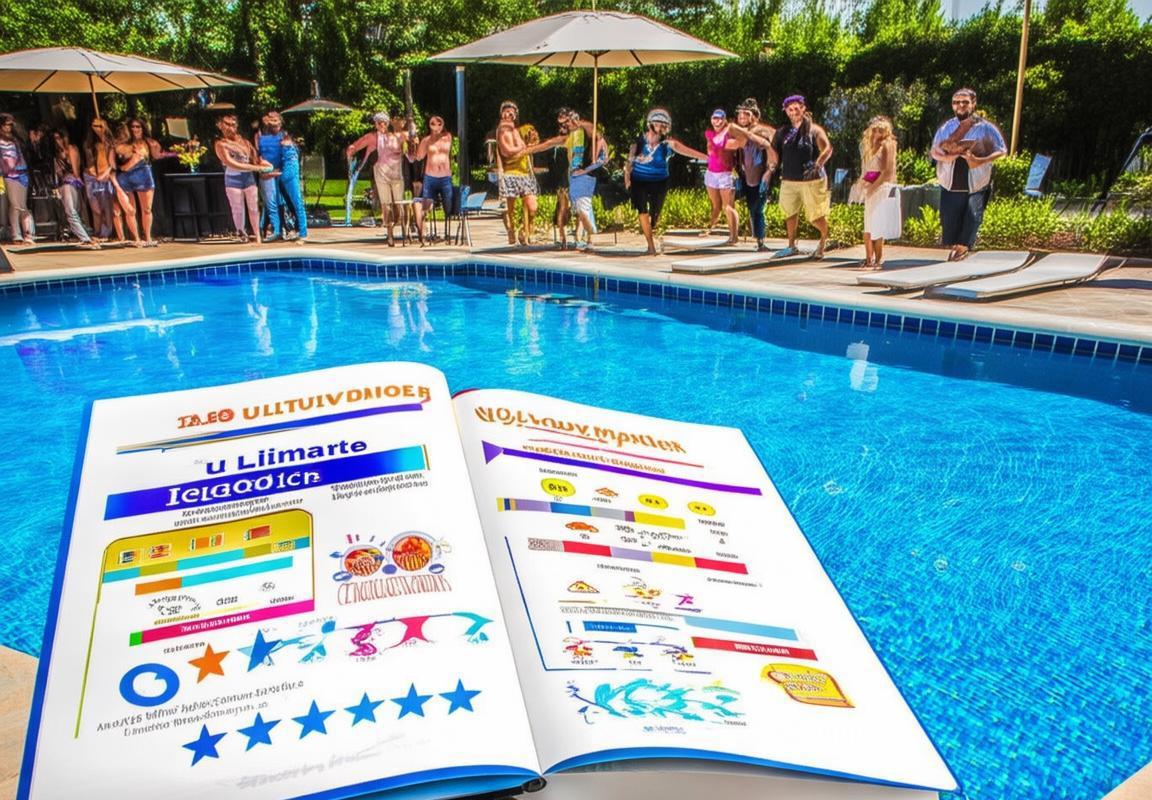Pool Tile Cleaner 101: Myths, Tips & Tools for Sparkling Pool Tiles
Grimy pool tiles can ruin your backyard oasis, but avoid common mistakes like using vinegar (it etches stone) or pressure washers (they blast out grout). Not all pool tile cleaners are equal—cheap options with hydrochloric acid damage colored grout. For effective pool tile cleaning, use the right tools: a pumice stone (for ceramic, not glass/marble), a nylon brush (gentle on grout), or enzyme cleaners (great for organic gunk). Work top to bottom, pre-soak tiles for 10 minutes, and rinse thoroughly to prevent residue. For severe issues like black mold or calcium rings, call pros or use specialty Pool Tile Cleaner products like Bio-Dex. Ditch the hacks, choose the right tools, and enjoy Sparkling Pool Tiles without wasting your weekend.
